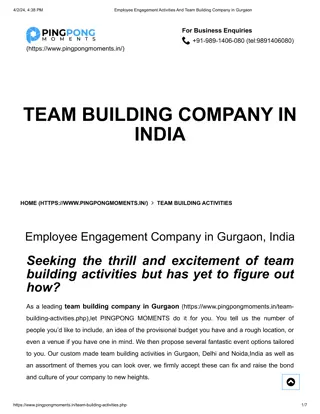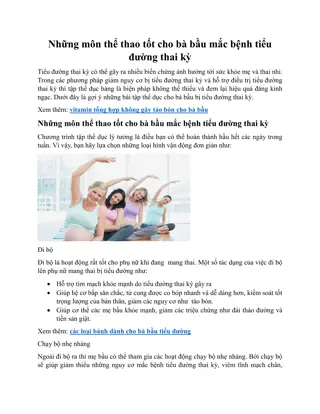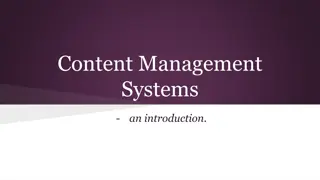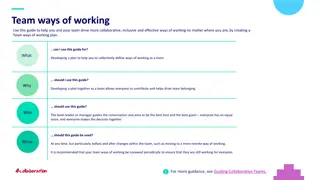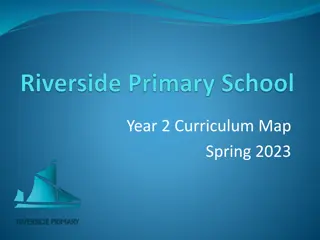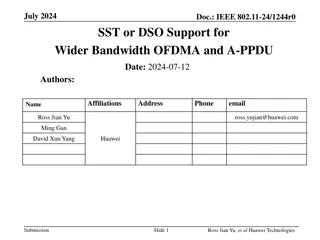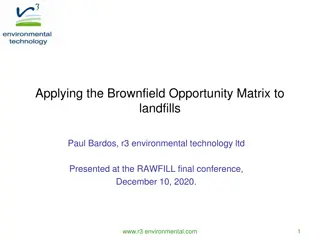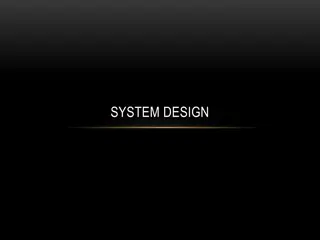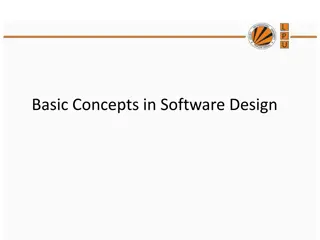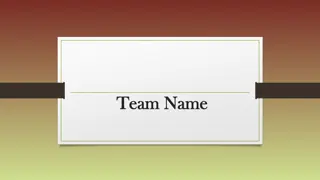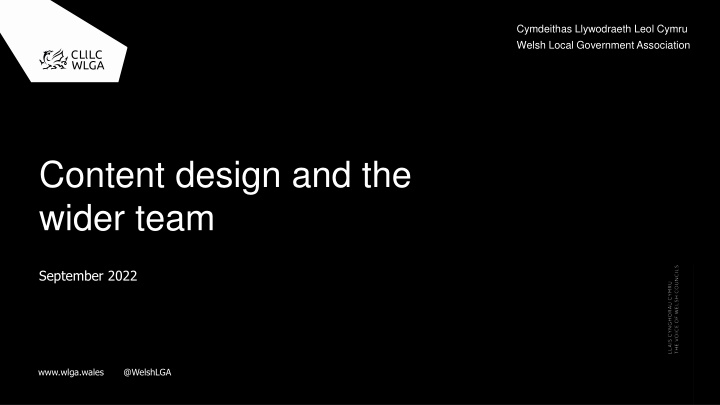
Unlocking the Power of Multidisciplinary Teams in Government Services
Discover the advantages of multidisciplinary teams in government services, how they solve shared problems, and why they are essential for delivering effective digital solutions. Explore the roles within these teams and learn how content design adds value and visibility.
Download Presentation

Please find below an Image/Link to download the presentation.
The content on the website is provided AS IS for your information and personal use only. It may not be sold, licensed, or shared on other websites without obtaining consent from the author. If you encounter any issues during the download, it is possible that the publisher has removed the file from their server.
You are allowed to download the files provided on this website for personal or commercial use, subject to the condition that they are used lawfully. All files are the property of their respective owners.
The content on the website is provided AS IS for your information and personal use only. It may not be sold, licensed, or shared on other websites without obtaining consent from the author.
E N D
Presentation Transcript
Cymdeithas Llywodraeth Leol Cymru Welsh Local Government Association Content design and the wider team September 2022 www.wlga.wales @WelshLGA
What is a multidisciplinary team? Focused on solving a shared problem Mix of different roles and specialisms Can flex and scale at different times according to the project need
Benefits of a multidisciplinary team Provides direct access to a range of user focused skills needed to deliver good digital services Creates a shared understanding of the problem and goal to drive team direction Small size of the team means they can typically work quickly and flexibly
Roles in a multidisciplinary team A team building a government service needs to have people with the following roles or skills either in the team or available to it: Content designer User experience / interaction designer User researcher Developer Product manager Service owner Delivery manager The skills you need will change throughout the lifecycle of your service. Source: What each role does in a service team - Service Manual - GOV.UK (www.gov.uk)
Adding value to other roles As a content designer on a multidisciplinary team, you will produce user focused content based on data and research, that provides people with the information they need, at the right time and in the right format. You will also be able to influence other areas of the project, by working closely with and sharing knowledge to other roles within the team. In the following slides we'll cover some of the activities you may want to get involved with. We'll start with what you can do at a team-wide level.
Making content design visible in the team You can: Constantly communicate the principles and value of content design Take part in project planning sessions and other activities, to make sure content is considered in these Run activities such as content crits to explain your thinking, gather feedback and gain consensus
Core roles you need to work closely with Designer (user experience / interaction / visual) User researcher Developer
Designer What they do: Help the team create user-focused, accessible services and a consistent user experience. How you can add value: Work together as solutions are designed (from early sketches to higher fidelity prototypes) to advise on content decisions Share draft content at an early stage, for feedback and to input into the designer's prototypes In addition to the information being presented, discuss the best ways to present this information and how the design can accommodate this
User researcher What they do: Help the team learn about the people you provide information and services to, to ensure these work well for all users, including people with additional accessibility and support needs. How you can add value: Join in user research planning sessions to ensure the questions and activities cover content Work together to analyse findings and gather insight to create and improve content Collaboratively establish user needs and user stories that can be shared with the wider team
Developer What they do: Build accessible software with a focus on what users need, continually improve with new tools and techniques, and solve technical problems. How you can add value: Discuss content requirements and ideas to understand whether and how these can best be implemented Advocate for accessibility within the content and across the wider solution
Working with the rest of the team Product manager Service owner Delivery manager
Product manager What they do: Uses knowledge of user needs and business goals to frame problems and set priorities for delivery teams. How you can add value: Help refine the project goals and vision to create a shared understanding across the team Collaboratively establish user needs and user stories that can be shared with the wider team Work together to scope content activities required for the project or solution
Service owner What they do: Has overall responsibility for developing, operating and continually improving the service. How you can add value: Flag risks and investigate mitigation measures with them Be prepared to challenge any requests that do not serve user needs
Delivery manager What they do: Manages the delivery of products and services, including building and maintaining motivated teams, and making sure there is a plan to work towards. How you can add value: Represent content requirements (and user needs) in planning sessions Understand what content tasks need to be worked on to achieve delivery goals Flag where additional support is needed, for example access to external stakeholders and documentation
Other roles you may work with Business analyst Subject matter expert Translator
Business analyst What they do: Understand and analyse user and business needs How you can add value: Work together to define user and business needs, and map user journeys Translate needs into content solutions Analyse data and apply insights to content solutions
Subject matter expert What they do: Provide specialist knowledge and expertise, for example legal, policy or industry-specific analysis - from inside or outside the organisation. How you can add value: Discuss specialist content requirements and translate these into user focused, plain language solutions Set up pair writing sessions to collaboratively create accurate and user focused content
Translator What they do: Translate content to make it available in both Welsh and English, in line with the Welsh Language Standards. How you can add value: Work with translators as early as possible in the process to explain decisions and core messages, so these can be incorporated into the translation.
References and resources GOV.WALES Service Standard | 6. Have a multidisciplinary team What is a multidisciplinary team? - Centre for Digital Public Services (gov.wales) Set up a service team at each phase - Service Manual - GOV.UK (www.gov.uk) What each role does in a service team - Service Manual - GOV.UK (www.gov.uk) Digital, Data and Technology Profession Capability Framework - GOV.UK (www.gov.uk) Why multidisciplinary teams need onions - Centre for Digital Public Services (gov.wales)
Any questions? waleslocalgovernment.digital digitalteam@wlga.gov.uk Sign up for events and news timdigidol@wlga.gov.uk



